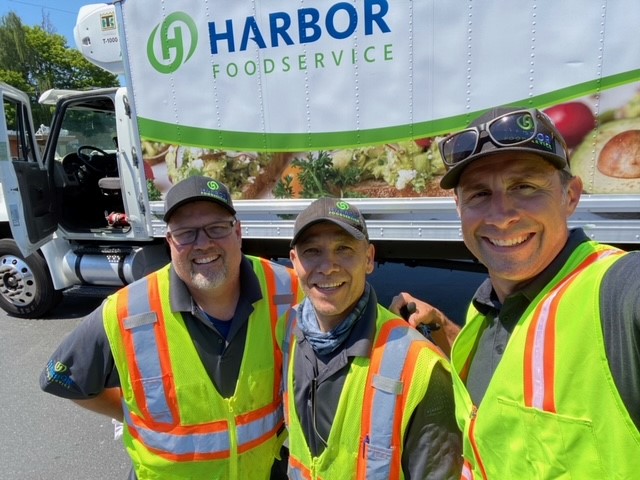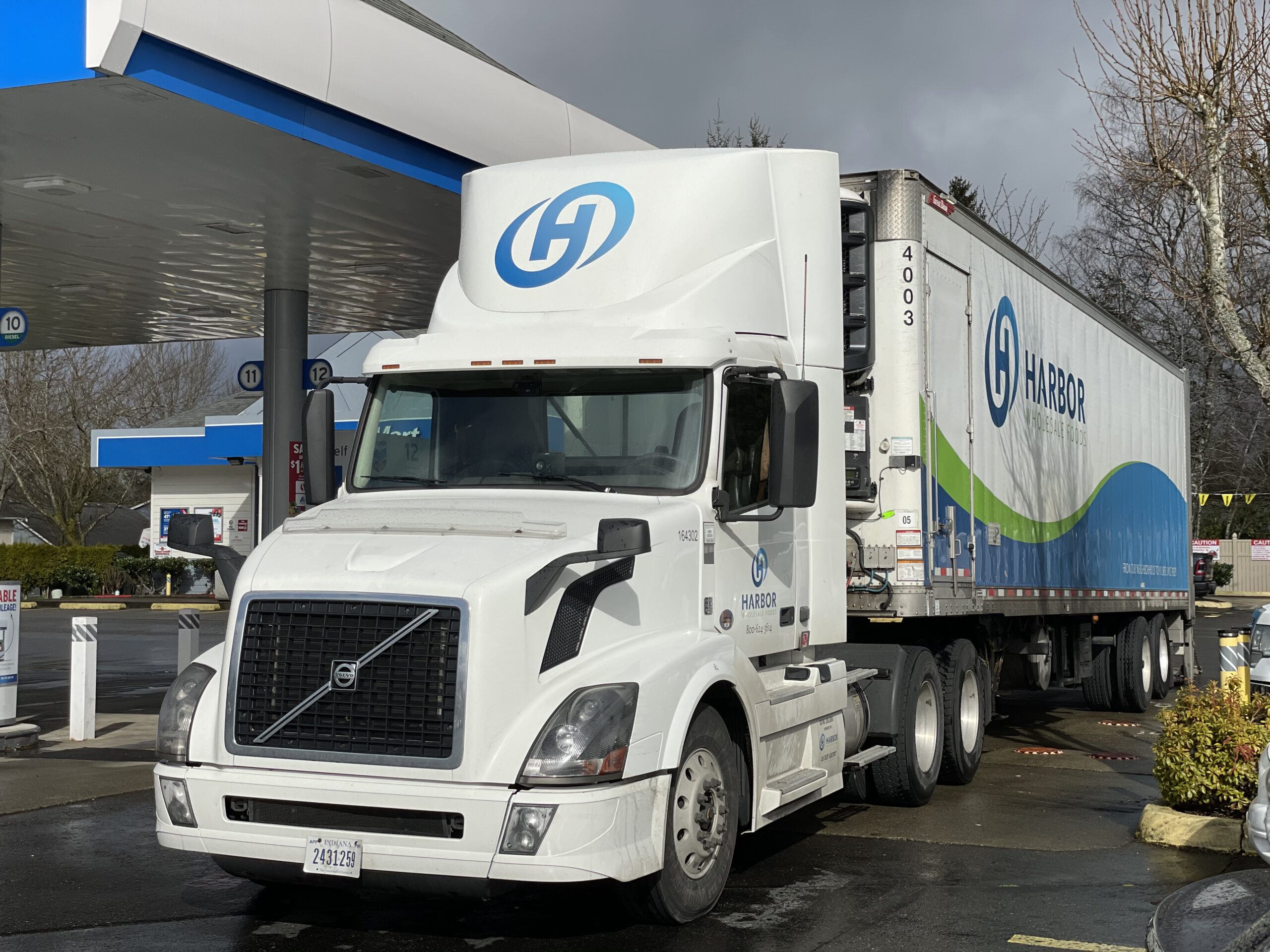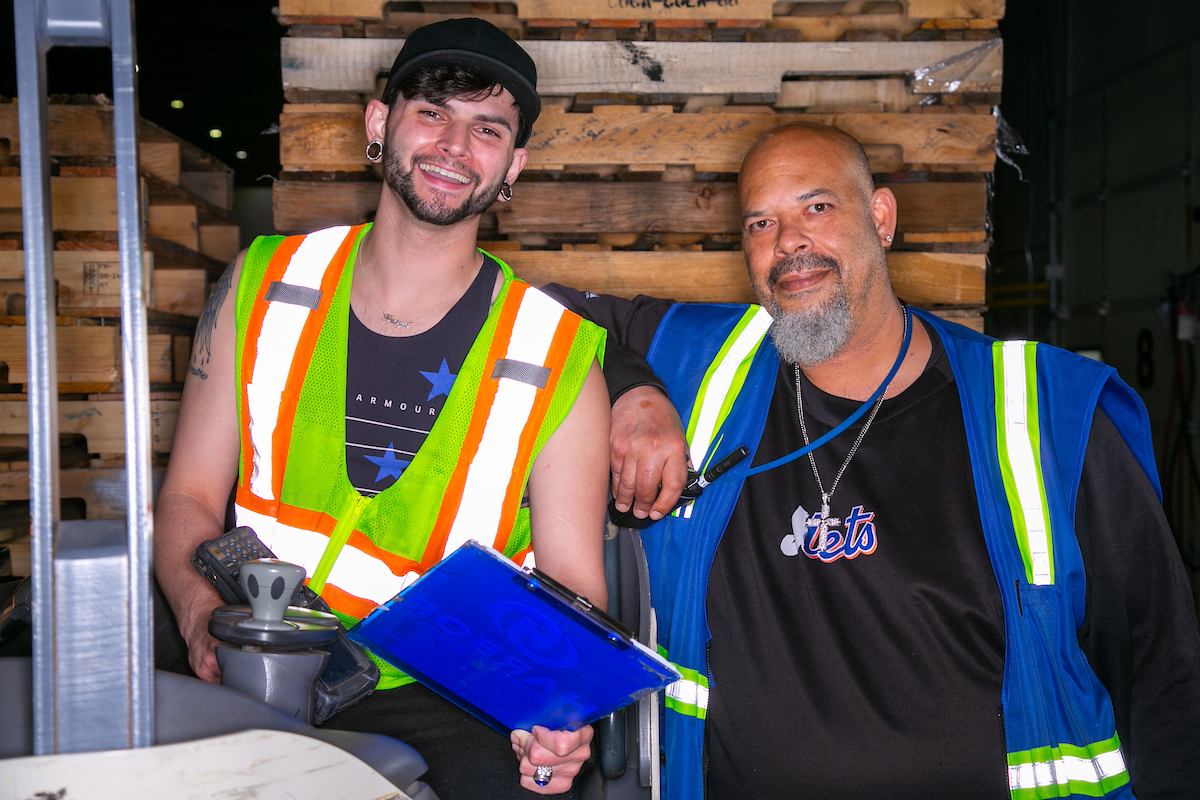Harbor Food Group Nominated for Economic Courage Award
July 23, 2021 update: The Thurston EDC awarded Economic Courage Awards at the Hootenanny on Thursday, July 22. Learn more here: https://thurstonedc.com/hootenanny/.
At the Thurston EDC, we define ‘Economic Courage’ as a leader, a business, nonprofit or organization that, while facing economic uncertainty and a radical retraction of “business as usual,” took extraordinary steps to provide a service, a product, and or a support service that made a positive impact to the community and or employees of their organization.
During the COVID-19 Pandemic, Harbor Food Group showed Economic Courage, and they have been nominated for an Economic Courage Award! You can nominate a business that has shown Economic Courage here:
https://lp.constantcontactpages.com/sv/1uTkrqo/economiccourage.
We asked Harbor Food Group CEO Justin Erickson to answer some questions about the past year and how his business took extraordinary steps to impact our community positively. His answers are below.
Thurston EDC: What was your biggest challenge this year, and how did you solve it?
Harbor: In 2019, Harbor had the opportunity to purchase the Food Services of America (FSA) distribution center in Kent and add a new PNW regional foodservice division to our company that serves restaurant accounts. We bought this business right before the pandemic hit–and as we all are very aware of at this point–the restaurant industry was hit especially hard.
We were 100% committed to treating our new FSA workers as part of our family, and we’re committed to keeping them employed. We were able to respond by increasing business through our wholesale division–Harbor Wholesale–which supplies convenience stores and neighborhood markets. These stores were deemed essential businesses and allowed to stay open.
Because of the high demand for goods that grocery stores were experiencing during COVID, in Eastern Washington, there was a big wholesale food distributor who was so overwhelmed trying to service their main supermarket accounts that they basically abandoned their rural and convenient store accounts.
Harbor stepped up to the plate and committed to getting food out to some of the most remote parts of the state. While it meant long drives and long hours for our drivers, it kept our team employed. And our drivers found some satisfaction in providing these essential needs. We have stories of store owners being so grateful to have someone come to their rescue that they were leaving thank you notes on the seats of our drivers’ trucks.
Thurston EDC: What was the biggest change in your business?
Harbor: Restaurants were laying off staff while we had excess food inventory due to the shutdown. We had to find a home for the food and came up with a program called Harbor Cares. We created boxes in the community for displaced restaurant workers. Partners distributed food boxes to restaurants and their workers. Locally, for example, Well 80 was a partner and a hub for distributing food boxes to displaced workers in the Olympia area. We wanted to give back and do something positive. We also helped restaurants figure out how to set up a takeout menu and operation and navigate many of the issues the pandemic created for restaurants.
Thurston EDC: Will these changes be permanent, or will things go back to the way they were before?
Harbor: Most of these changes will not be permanent. But–I feel the need to stress–the industry is still far from normal. The supply chain is still disrupted. Restaurants are having a hard time getting products to serve their customers and finding labor to work. We are not out of this yet.
Thurston EDC: What have you learned during the past year as it relates to your business?
Harbor: During this challenging time—a once-in-a-lifetime situation—we went to our team and asked, ‘How do we want to be remembered for what we did at this time in history?’ Maybe it is because we are a fourth-generation company and know our history, but we know we’re in this for the long term. Being stuck in a pandemic for a year is hard, but in perspective, that is not that long of a time. Looking at our 98-year history, we realized this was going to be a short-term situation, and we needed to be there to support our team, our customers and the workers impacted in the industry. We were in a position to weather the storm and come out ok. We kept asking ourselves, ‘What will we be remembered for when this is all over?’ We focused on leaving a legacy.
Thurston EDC: Please share a story or words of wisdom from your experience over the last year.
Harbor: Rather than making a short-term financial decision, “Do the right thing for people, and a positive result will follow.”



